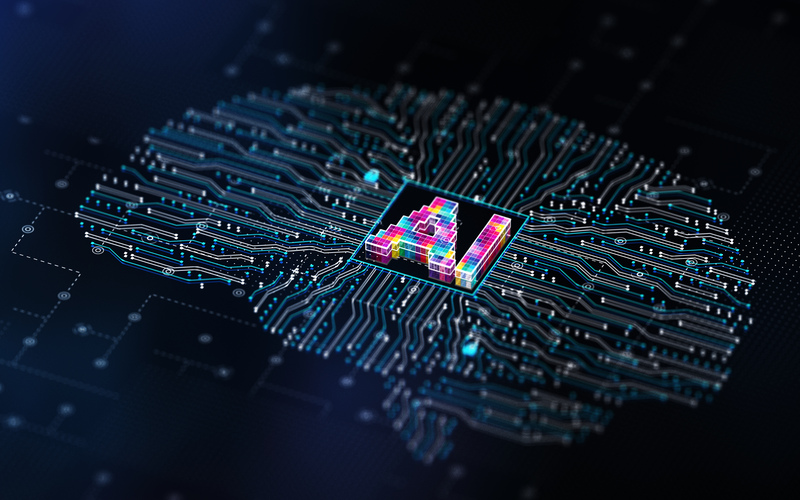Podcast Audio Transcript
Mimi: Hello listeners, this is Mimi; thank you for tuning in to yet another exciting and informative podcast from us at Infosys BPM. Today, we are discussing about “detecting fraud before it takes flight”. And to talk about this, we have here with us, Mehul Sanghavi, AVP & Sales Head at Infosys BPM. Welcome Mehul. How are you?
Mehul: I’m doing great Mimi. It’s nice to be back in this podcast.
Mimi: Great to hear that, Mehul. Today, we will dive into the world of fraud detection and analytics in the travel and hospitality industry. With the rapid growth of this sector, fraud is becoming a serious concern. From airline payment fraud to baggage fraud, businesses are at constant risk.
To start off, according to you how big is the issue of fraud?
Mehul: That’s absolutely true Mimi. Fraud is indeed a pervasive threat. For airlines, potential revenue losses due to fraud can be as high as 1.2% of their total revenue, which can translate to over a billion dollars annually. Imagine how big a problem it is!
Did you know hotels face an even steeper challenge, with losses up to 6% per year. These numbers are staggering, Mimi. And beyond the direct financial impact, fraud can severely harm a company's reputation and customer trust.
At Infosys BPM, we understand how important it is for companies to stay ahead of these threats. We offer advanced fraud detection and analytics solutions that not only identify potential fraud but also prevent it from occurring in the first place. Our goal is to ensure a secure, seamless experience for both businesses and customers.
Mimi: Yes, it’s really terrible for these companies. As I understand fraud takes multiple forms across the travel and hospitality sector. What specific types of fraud have you observed in the industry?
Mehul: Specifically in the travel and hospitality industry, fraud comes in several forms. For instance, there’s customer fraud, which could be anything from identity theft to payment fraud. Then, there’s employee fraud—this includes dishonest staff misusing internal systems. There is also help desk agent fraud and partner frauds we see occasionally.
In addition, there are specific types of fraud such as:
Baggage fraud: This involves fraudulent claims for lost, damaged, or stolen baggage. By analyzing patterns, we can identify fraudulent claims before payouts are made. We use both predictive and reactive analysis to continuously monitor these claims, allowing us to spot anomalies or high-risk passengers early on.
Then there is Payment fraud: This includes disputes, chargebacks, policy abuse, and account takeovers. We use predictive analytics and AI-driven tools to detect these fraudulent activities. By identifying anomalies and flagging potential fraud cases, businesses can respond to issues in real-time without needing excessive manual intervention.
Mimi: I understand. It’s probably very rampant considering the stats you mentioned. I believe a technological intervention is the only way to prevent and fight this fraud.
So, how do your solutions work, and what makes them stand out?
Mehul:Mimi, our specific approach is built around intelligent fraud detection, leveraging cutting-edge technologies like AI, automation, and rule-based engines. We focus on protecting every step of the customer journey—from booking to payment, baggage handling, and beyond.
What sets us apart is the comprehensiveness of our solution. We don’t just detect fraud; we predict it, using data patterns and advanced analytics. With continuous monitoring, we reduce the need for manual reviews by up to 30%, significantly improving operational efficiency.
We know that false positives can be quite a challenge. But we got that covered as well. Our solutions help reduce false positives by 50%. This means legitimate customers aren’t incorrectly flagged for fraud. This leads to better customer experiences, and we’ve seen a 33% increase in customer retention due to our enhanced fraud detection processes.
Mimi: I agree totally. Those false positives can be terrible for customers.
Could you walk us through some of the benefits that clients were able to achieve with the help of your solutions?
Mehul: Of course Mimi. Our fraud detection solutions deliver an impressive return on investment—clients have seen ROI of at least 8 times after implementing our system. One of the biggest wins has been in reducing the manual workload. Automation takes care of a significant portion of fraud detection, so fewer manual reviews are needed.
Another major benefit is the reduction in false positives as I mentioned earlier. Fraud detection systems sometimes flag genuine transactions as suspicious, leading to unnecessary customer frustration. By lowering false positives by 50%, we help maintain trust and improve the overall customer experience.
Also, our solutions contribute to significant financial savings. Across our clients, we’ve helped save millions by identifying and preventing fraudulent activities before they escalate.
Mimi: That’s brilliant, Mehul. I am sure it translates to exceptional customer experiences. It was a great pleasure to have you again on our podcast.
Mehul: I am happy to be back here. Thank you Mimi.
Mimi: Dear listeners, if you enjoyed our podcast today, please don’t forget to subscribe to it on the platform of your choice; our podcasts are available on Apple Podcasts, Spotify, and several others. Please don’t forget to share and like it on social media.
Also, if you have any queries, do reach out to us through the Infosys BPM website – www.infosysbpm.com.
Once again, thank you for tuning in, stay safe and sharp. This is Mimi signing off. Have a great day!





